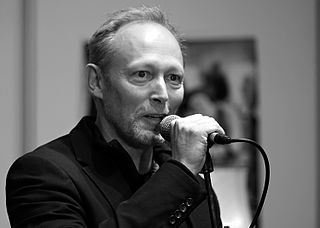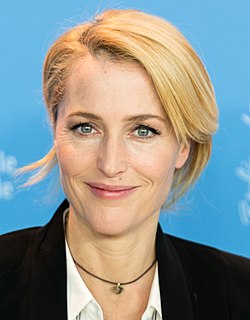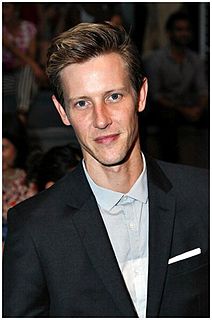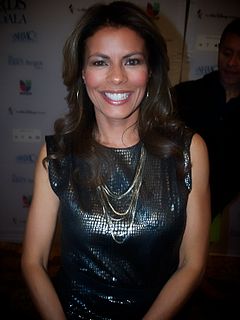A Quote by Lars Mikkelsen
I didn't really understand what you did when you went in front of the camera. And then suddenly I just understood it. When you're in a play, you carry the story, but you don't have to do that in film.
Related Quotes
No one understood why I would wanna be behind the camera, not in front of the camera, and so no one took me seriously, and people said, 'Oh, well, this is just a hobby isn't it?' and I said, 'No, I really love this. I wanna make this my career,' and I did not have a lot of support at all for many years. People just kind of thought it was a joke.
I'm sorry,' said the shopkeeper. 'I can't understand your ridiculous accent.' 'My accent?' 'It is quite silly.' 'So you can't understand me?' 'Not a word.' 'Then how did you understand that?' 'I didn't.' ''You didn't understand what I just said?' 'That's right.' 'You understood that, though.' 'Not at all.' The American glowered.
I like working on one - camera. This is not false modesty, but I don't think I'm very good at three - camera. And it's not that I'm nervous, but I just sort of feel like my collar is too small, or my clothes don't fit. I don't understand what that is. And I don't understand the format: There's an audience in front of you that you're playing to, but there are also these cameras.
I know when I watch a film at this point, if I completely lose myself in the characters and the story and the world of the film I know that it's at least in my opinion, that was great. Otherwise I'm thinking: "Oh I know they were just doing A, B and C, right before they walked into the scene, then the camera was there, then they probably took the shot from this reverse close-up and moved it into this." When all of that drops away then I'm like: "Okay this was phenomenal, this was fantastic." I mean, any film or TV performance in general is probably good.
I'm always going to hear people make that connection and I've just accepted it. It's alright. I'm just happy that I get to do my own thing now. I learned a lot from the show [the Voice] as far as being in the TV world and being in front of the camera, which is really great because I'm not as nervous in front of the camera as I was before.



































